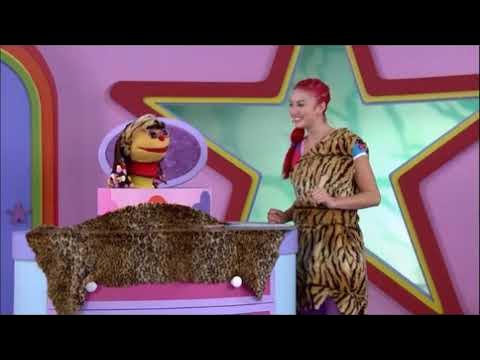149 派閥パーティーだけじゃなくこの世のパーティー全て禁止にされちゃった河野太郎デジタル大臣【モノマネ】
Summary
TLDRThe transcript revolves around a humorous and somewhat absurd conversation about organizing a party, specifically a takoyaki (octopus balls) party, referred to as 'タコパ'. The characters discuss the various restrictions and prohibitions on gatherings due to political reasons, as one character mentions the Prime Minister's directive to avoid parties. Despite the ban, the conversation continues with playful banter about alternative party ideas, such as a dumpling party or a Christmas party, all of which are deemed inappropriate or against the rules. The dialogue is filled with the characters' attempts to navigate the social and political landscape while desiring to enjoy simple pleasures like home gatherings and festive celebrations.
Takeaways
- 🎉 A character expresses a desire to host a takoyaki (octopus balls) party, known as 'Taco-Pa'.
- 🥳 The character initiates a toast, suggesting it's time to enjoy the party.
- 🚫 A discussion about the prohibition of parties due to political reasons is mentioned.
- 😔 The character feels lonely due to the inability to host parties because of the political party's decision.
- 📞 A phone call is made to discuss the inability to have a party at home.
- 🍢 The character suggests having a home takoyaki party despite the prohibition.
- 🤝 There's a mention of a general prohibition on parties, including home gatherings.
- 🥟 An attempt to switch to a dumpling (gyoza) party is also considered but deemed inappropriate.
- 🎂 Even personal events like birthday parties are not allowed.
- 🎊 The character brings up other potential events like Christmas or New Year's parties, but they are also disallowed.
- 🍣 Mention of making sushi or hand rolls after a bean-throwing event, but it's pointed out that this could also be considered a party.
Q & A
What is the main event that the characters in the script are planning to hold?
-The characters are planning to hold a takoyaki (octopus dumpling) party, referred to as たこ焼きパーティー or タコパ.
Why is the character hesitant to hold the party?
-The character is hesitant because the Prime Minister, Yoshida, has decided that the Liberal Democratic Party members should not hold any parties due to a certain matter.
What is the reaction of the person on the phone when they hear about the party?
-The person on the phone expresses disappointment and mentions that they called because they felt lonely due to the party ban.
What type of gatherings are explicitly mentioned as not allowed?
-Political funding parties, home parties, Christmas parties, birthday parties, and events that could be considered as parties, such as making sushi rolls or hand rolls, are mentioned as not allowed.
What is the reason given for the prohibition of parties?
-The reason is related to a decision made by the Prime Minister, possibly due to a scandal or issue that has not been specified in the script.
How does the character react to the mention of a simple home gathering without the party label?
-The character still objects, stating that even without the label of a party, if it involves gathering people, it is not allowed.
What is the significance of the mention of 'Plus 81 Channel' at the end of the script?
-The mention of 'Plus 81 Channel' suggests a transition to a different topic or a shift in the conversation to a lighter note, possibly a social media or TV channel that the speaker is associated with.
What is the role of the character who is talking to someone on the phone?
-The character on the phone is trying to convince the other person that they are currently in the middle of a toast and cannot discuss the party prohibition issue at that moment.
What is the general mood or tone of the conversation?
-The conversation has a humorous and somewhat absurd tone, with characters discussing the prohibition of parties in various contexts and trying to find loopholes.
How does the script end?
-The script ends with a transition to a different topic, mentioning 'Plus 81 Channel' and a request for channel subscriptions and positive comments.
What is the significance of the music cues in the script?
-The music cues indicate changes in the mood or transitions in the conversation, and they are likely used to punctuate the comedic timing of the dialogue.
Outlines

Этот раздел доступен только подписчикам платных тарифов. Пожалуйста, перейдите на платный тариф для доступа.
Перейти на платный тарифMindmap

Этот раздел доступен только подписчикам платных тарифов. Пожалуйста, перейдите на платный тариф для доступа.
Перейти на платный тарифKeywords

Этот раздел доступен только подписчикам платных тарифов. Пожалуйста, перейдите на платный тариф для доступа.
Перейти на платный тарифHighlights

Этот раздел доступен только подписчикам платных тарифов. Пожалуйста, перейдите на платный тариф для доступа.
Перейти на платный тарифTranscripts

Этот раздел доступен только подписчикам платных тарифов. Пожалуйста, перейдите на платный тариф для доступа.
Перейти на платный тариф5.0 / 5 (0 votes)






